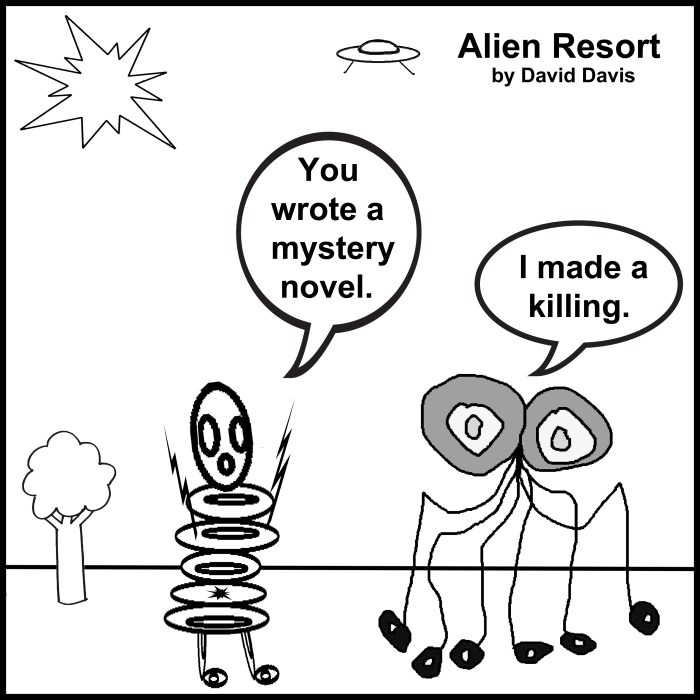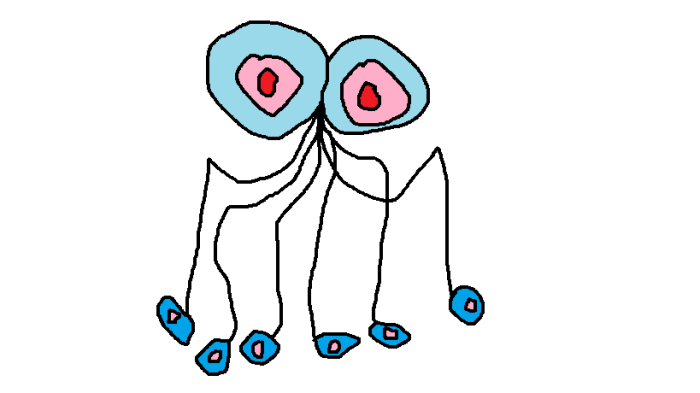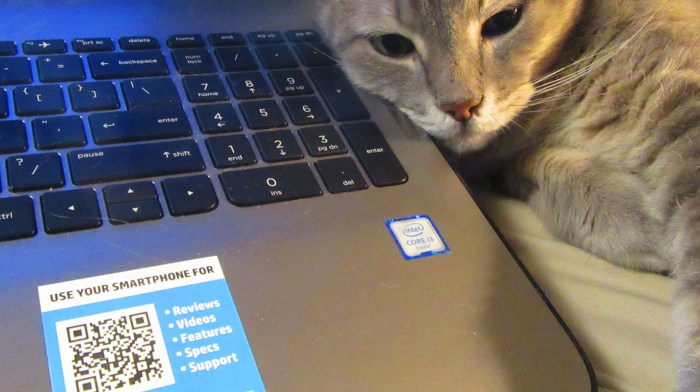As a beginning blogger, I wanted to be serious. I intended to write about the writing process, to quote famous authors, and to record my progress toward publication (or toward the satisfaction of having written). I wanted to write about Literature and Life.
 Halfway through my first post, I discarded that notion. Once upon a time, I could tear apart novels and poems with the best of them, but as soon as they put that Master’s Degree in my hand, every scrap of every thought about literature leaked out of my head. And I didn’t want to work hard enough to get them back.
Halfway through my first post, I discarded that notion. Once upon a time, I could tear apart novels and poems with the best of them, but as soon as they put that Master’s Degree in my hand, every scrap of every thought about literature leaked out of my head. And I didn’t want to work hard enough to get them back.
And my writing process is chaos, pure and simple. Chaos. Other people write books about how they write books. They say, This is the way to write a book, as if they know. But I don’t know.
So I write about life with a lower-case l. Life with a lower case l comprises cats, a mis-spent career in education, memories of my youth, my crazy family, and my general ineptitude. General ineptitude comprises such things as the time I dropped the remote control into the Jello instant pudding mix and milk that I was trying to beat into pudding.
 For a while, I was reluctant to share stories of ineptitude. I envisioned applying for a job with a company whose personnel director googles me and learns more than is good for me.
For a while, I was reluctant to share stories of ineptitude. I envisioned applying for a job with a company whose personnel director googles me and learns more than is good for me.
But then I realized I wasn’t going to apply for anything, and if I did it wouldn’t be a job important enough to require a background check, so I said, What the heck, just tell it all.
I titled this blog Telling the Truth–Mainly because I admire Mark Twain as both a writer and a social critic, and because I thought the name appropriate.
I embroider some of the stories I tell; the embroidery relates to the Mainly.
But nearly every post begins with Truth, and most of them stick pretty close to it. The story about the remote and the pudding, for example, didn’t need any embroidery at all. I told the story exactly as it happened.
“Hell on Wheels,” the story about the librarian, which appears in the crime anthology Murder on Wheels, is not true. I didn’t find my mother pouring ground glass into lemon pie filling, and I didn’t plan to push her off a bluff. I was a librarian, but I didn’t take belly dancing lessons for years so I could fit into a bikini and spend the rest of my life on the beach in Aruba.
 The completely true, entirely non-fiction story: I took three belly dancing classes because I once saw a belly dancer on the Tonight Show lie on the floor and roll a quarter over and over all the way down her torso, all that was open to public view, so the speak, and I thought it was really neat. I also liked the costumes. I had no illusions about ever replicating the act, but basic belly dancing looked like fun.
The completely true, entirely non-fiction story: I took three belly dancing classes because I once saw a belly dancer on the Tonight Show lie on the floor and roll a quarter over and over all the way down her torso, all that was open to public view, so the speak, and I thought it was really neat. I also liked the costumes. I had no illusions about ever replicating the act, but basic belly dancing looked like fun.
I stopped after the third lesson because I was so tired after working all day and then driving to Austin to attend class that gyrating around a room with a bunch of other middle-aged women was not doable.
I used belly dancing in the story to add verisimilitude, etc., etc., etc.
So. The librarian story was fiction, plus a few bits from lower-case l life, merely corroborative detail, intended to give artistic verisimilitude to an otherwise bald and unconvincing narrative.*
The question now arises: Is fiction ever true? Yes. But it’s complicated and I don’t want to discuss it.
I planned to end with a few comments on my writing process–not how I write, or how to write, but lessons I have learned from chaos.
But that will wait till next time.
*
*”Merely corroborative detail, intended to give artistic verisimilitude to an otherwise bald and unconvincing narrative” is a phrase written by W. S. Gilbert for the character Pooh-Bah in Gilbert and Sullivan’s The Mikado.
(The funniest play ever written, with music or without.)
*
photographs from morguefile
![]() Writing Wranglers and Warriors
Writing Wranglers and Warriors Cartoon by guest poster David Davis
Cartoon by guest poster David Davis Alien Resort © David Davis. All rights reserved.
Alien Resort © David Davis. All rights reserved.

 Written by M. K. Waller (and others)
Written by M. K. Waller (and others)

















 ~
~ 



 It seems that talking to pets is an example of anthropomorphizing, the attribution of human traits, emotions, or intentions to non-human entities. I was familiar with the word but had been told it meant my IQ was three points below that of the sea sponge. Obviously, that was wrong.
It seems that talking to pets is an example of anthropomorphizing, the attribution of human traits, emotions, or intentions to non-human entities. I was familiar with the word but had been told it meant my IQ was three points below that of the sea sponge. Obviously, that was wrong.




